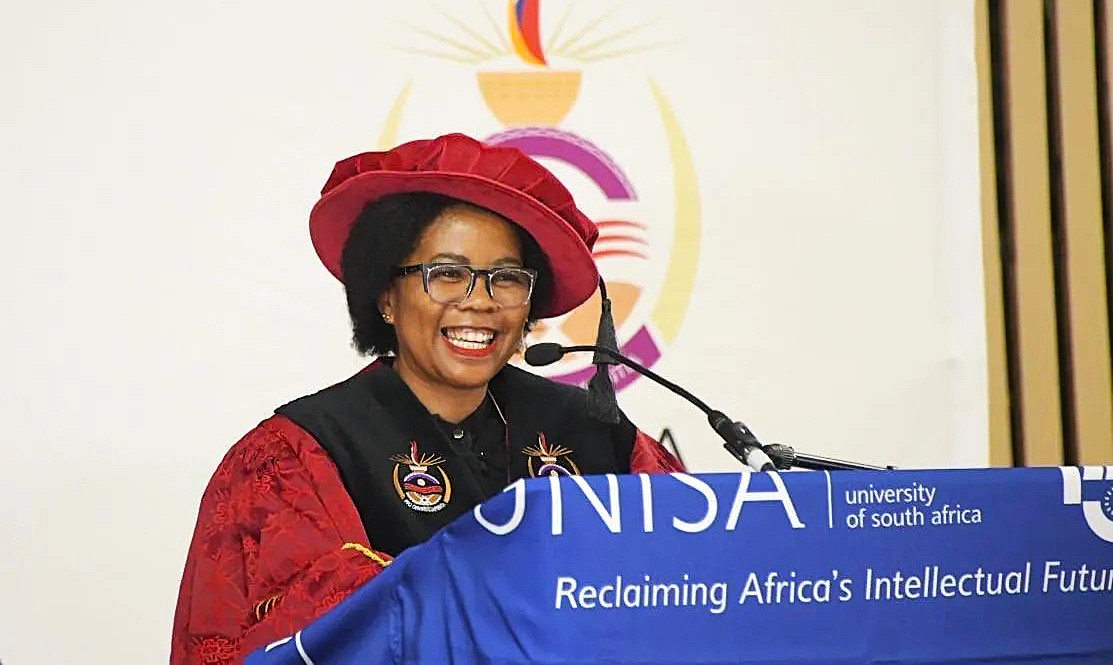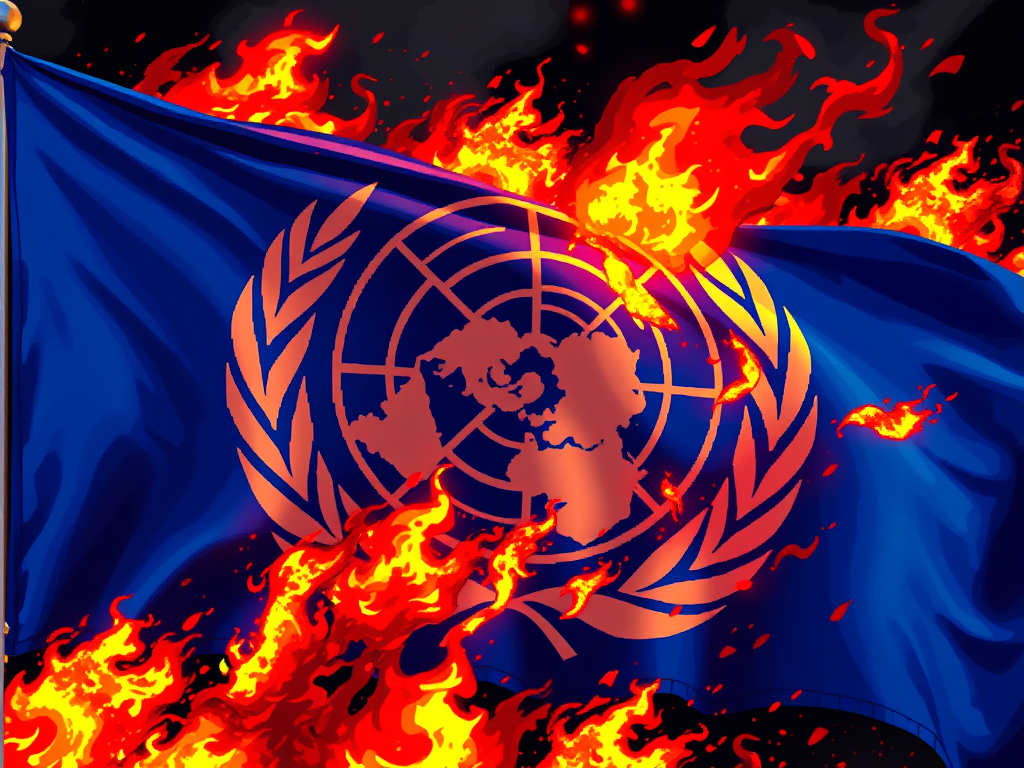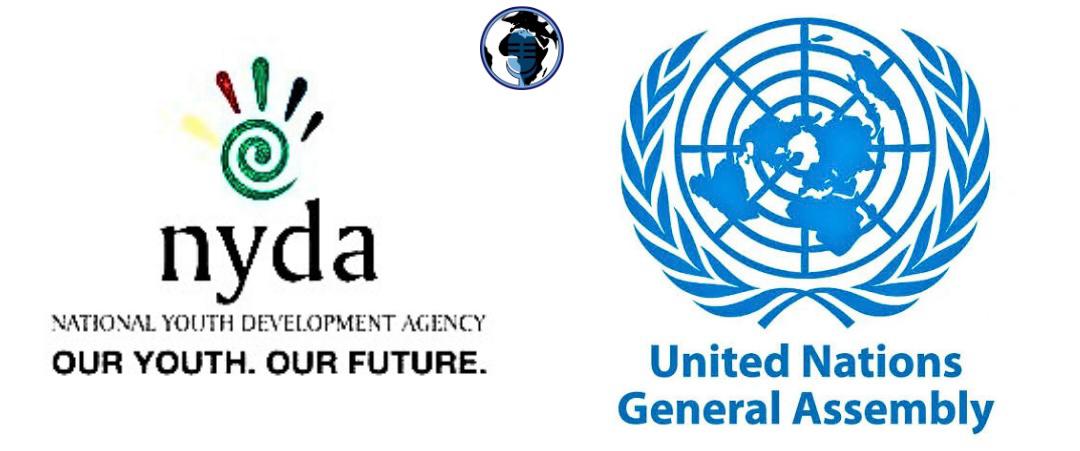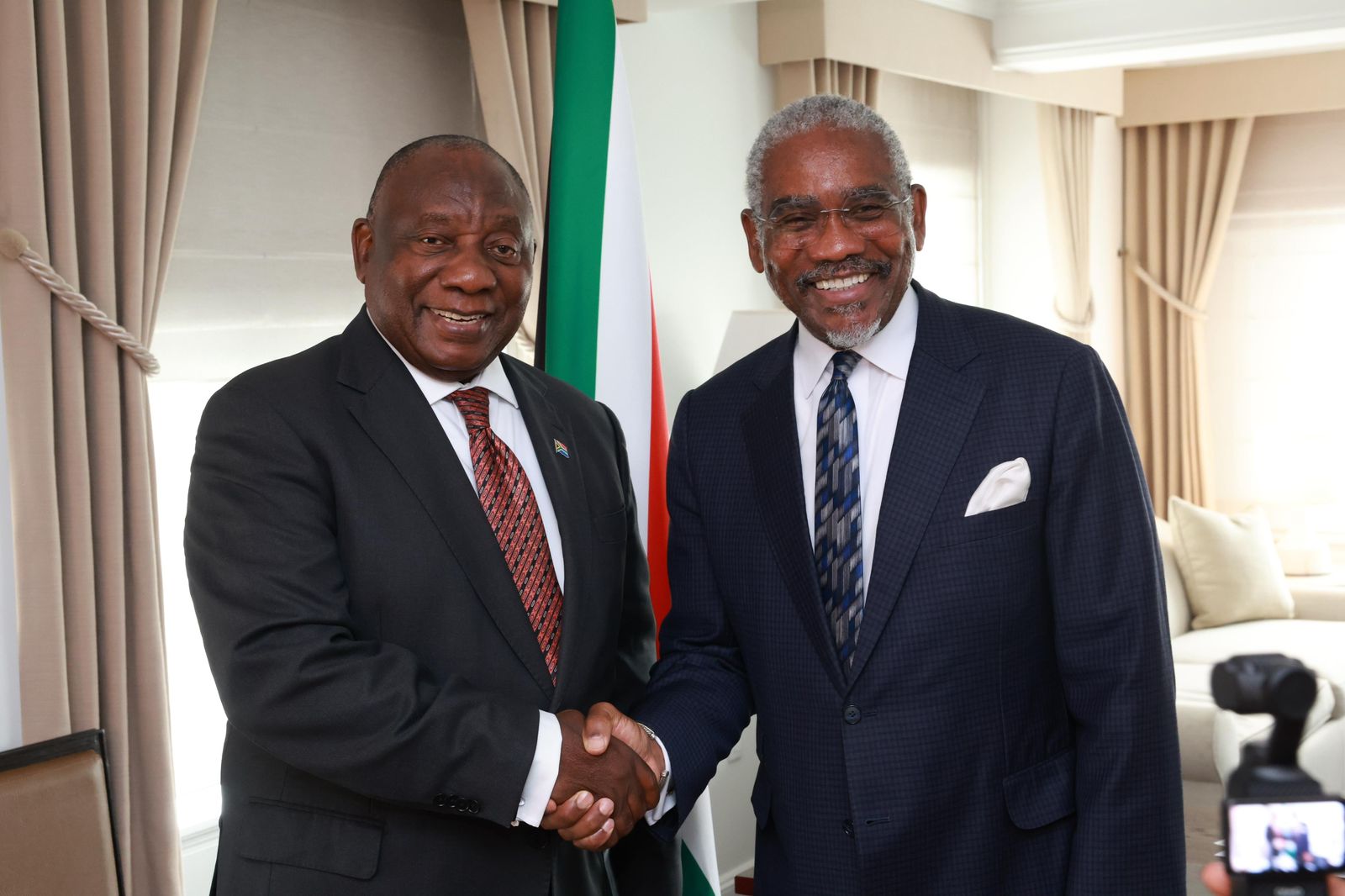Perhaps, just like Van Staden, who has opted to talk about other universities except his, I am equally guilty of only responding to allegations against the Vice-Chancellor of UNISA, Prof Puleng LenkaBula. Of course, there is an inconsistency between the title of the article that looks like addressing an institutional matter but when reading about UNISA it becomes clear that it is individualised by referring to UNISA’s car, house, curtains as “hers”.
Van Staden, out of ignorance or by ulterior motives fails to acknowledge that the Vice-Chancellor is provided a car and a house by the University as a matter of public knowledge. The university is governed by the Higher Education Act, the Statute, its policies and procedures and it is strange that an individual would be singled out as the institution.

Before I am accused of defending corruption, I should put a disclaimer that at least if there is something that I agree with Van Staden, is that we ought to fight corruption in the Higher Education Sector and this we must be passionate about. However, my disagreement with him is that a fight against corruption should be based on academic integrity, honesty, and the law instead of lies, false allegations, and malicious rumours.
“True freedom requires the rule of law and justice, and a judicial system in which the rights of some are not secured by the denial of rights of others” (Jonathan Sacks).
Van Staden identifies himself as an “associate professor at the WITS School of Law” therefore a setsibi (academic) and a legal konokono (expert). In another world, perhaps a world out of WITS, an academic writer is expected to be descriptive (by providing facts or information), analytical (reorganise facts and information), persuasive (information plus reorganising information with addition of one’s view) and be critical (persuasive writing inclusive of at least other point of view).

The article of Van Staden in regard to UNISA is directed to Prof LenkaBula and accuses her as the “epitome” of cancer growth on “her residence”, “her curtains”, “her Mercedes-Bens” that “symbolises not individual extravagance but systematic looting”. Van Staden deliberately goes against both the principle of academic writing and legal discourse opting for public opinion, gossips, lies but mostly find himself trapped in the world of fiction without facts.
It is disturbing that a legal expert from “WITS School of Law” would have missed a simple description by the Government Gazette of the Republic of South Africa Vol.466 of April 2004 specifically Chapter 2 titled “Offenses in Respect of Corrupt Activities” that:
“3. Any person who, directly or indirectly-
- Accepts or agrees or offers to accept any gratification from any other person. Whether for the benefit of himself or herself or for the benefit of another person: or
- Gives or agree or offers to give any gratification. whether for the benefit of that other person or for the benefit of another person…is guilty of the offence of corruption”.
Van Staden out of expediency and desperation opted to disregard the principle of the law in favour of the Court of public opinion. Court of public opinion is, for an example, the news media, entertainment media, and social media, and other public forums where issues are denounced or supported, as opposed to judicial institutions based upon legislative measures in place.
This he does consciously but blinded by motives known to himself and uncivilised world but not acceptable and foreign to academic and legal worlds. What we must agree on is that; in the fight against corruption, we should avoid injustice to others because justice has always to be just, and the principles of academic writing and the law aims at achieving that. Anything other than this is both unethical and diffamare. Martin Luther King Jr warns that: “Injustice anywhere is a threat to justice everywhere”.











